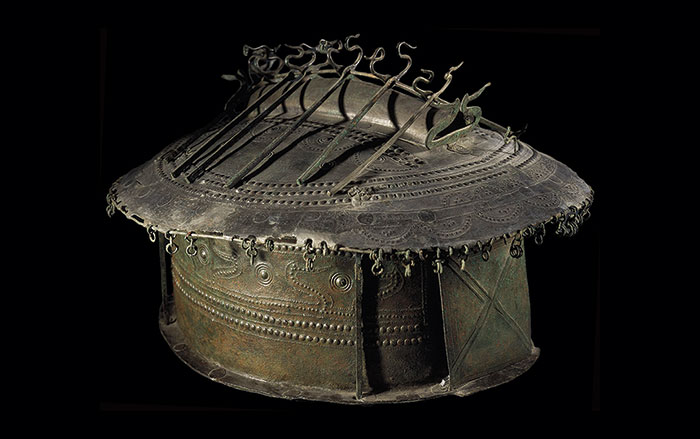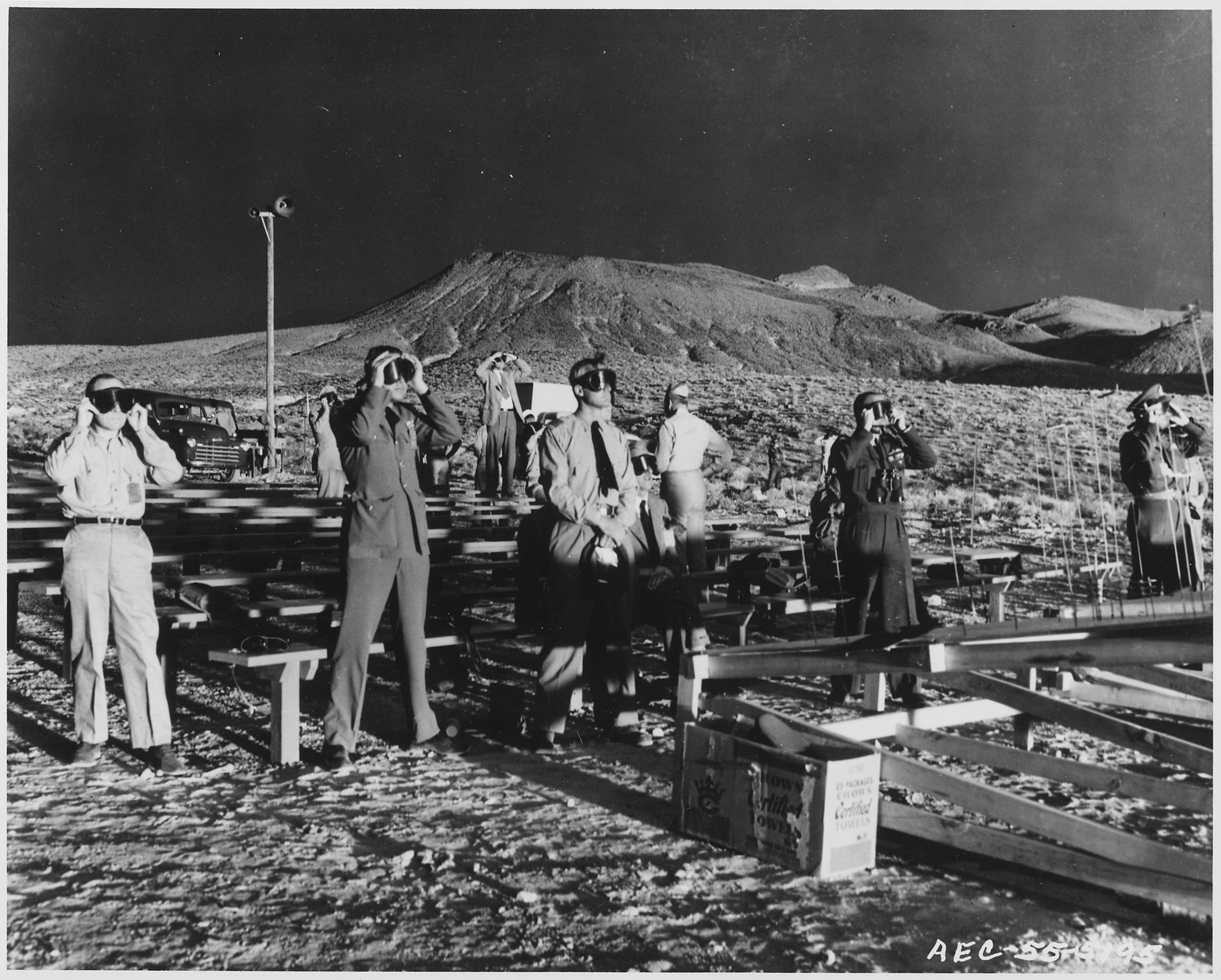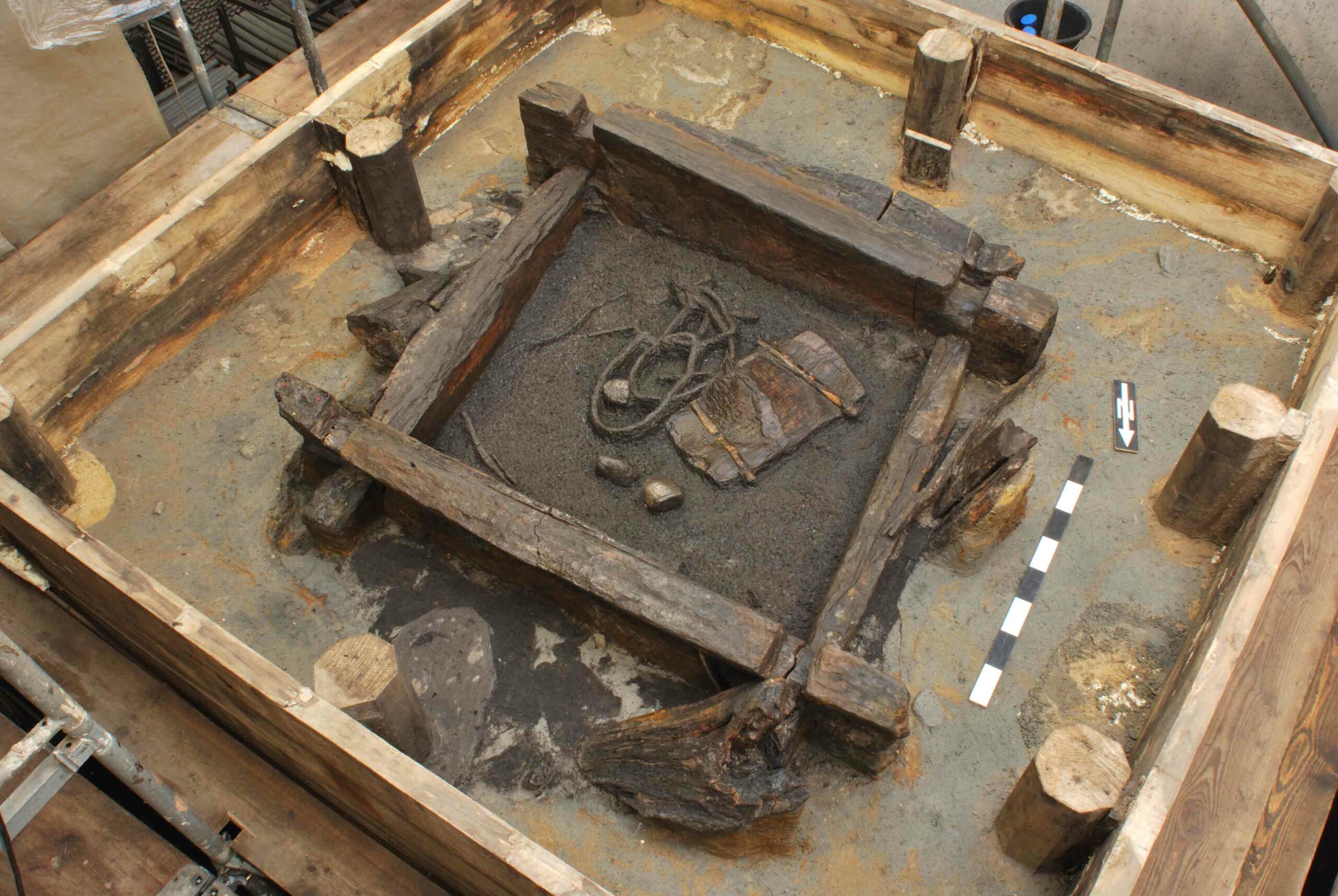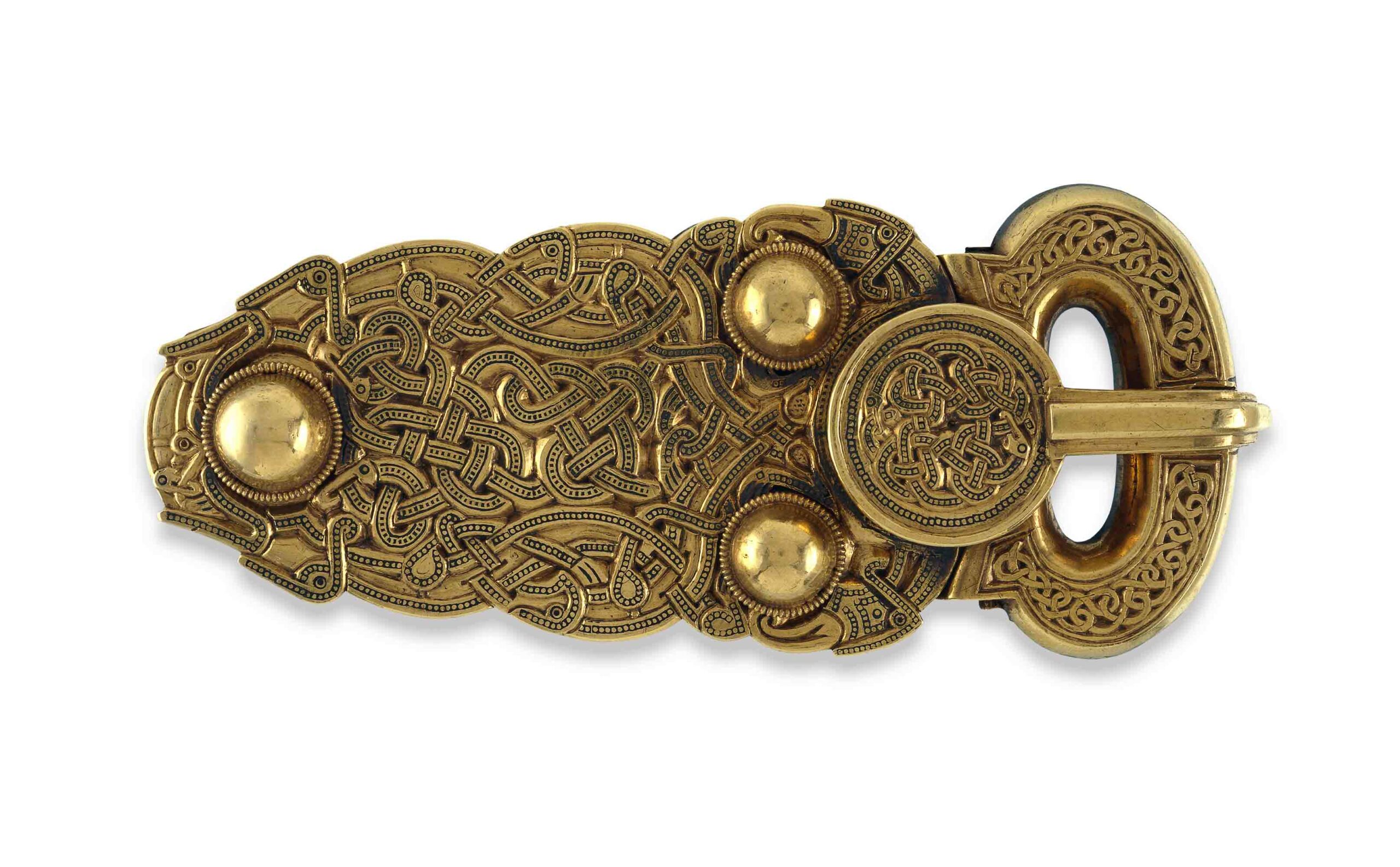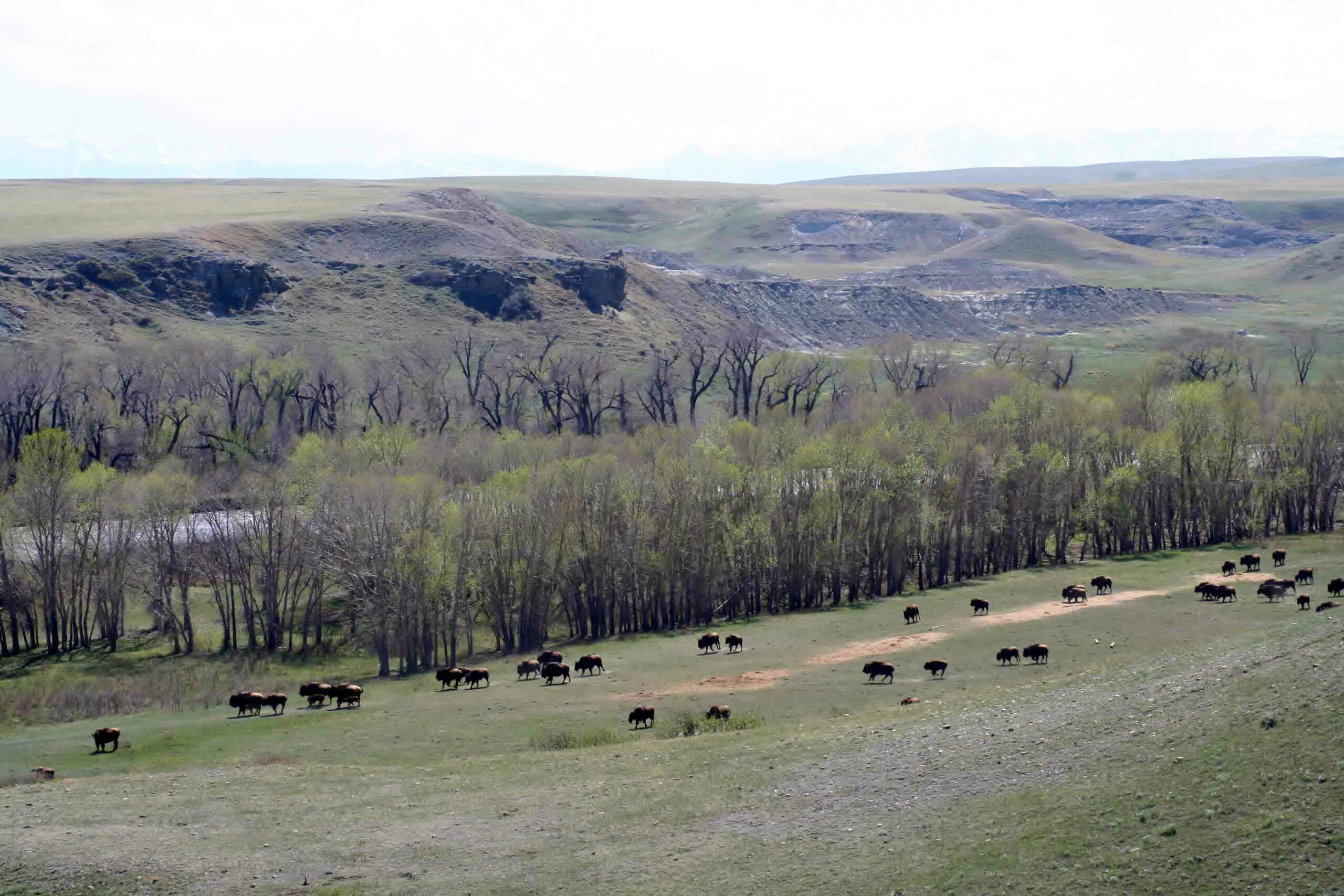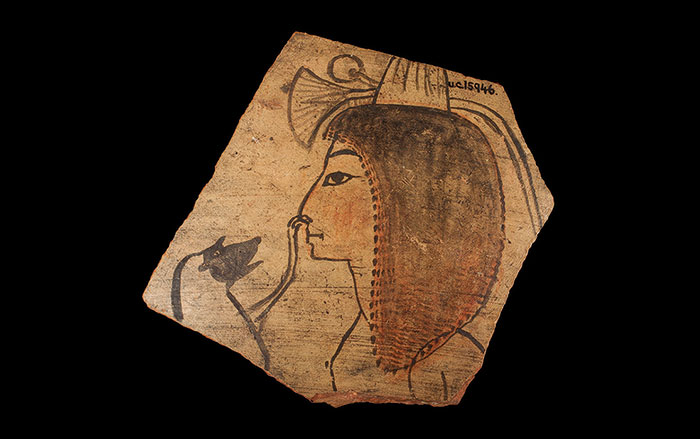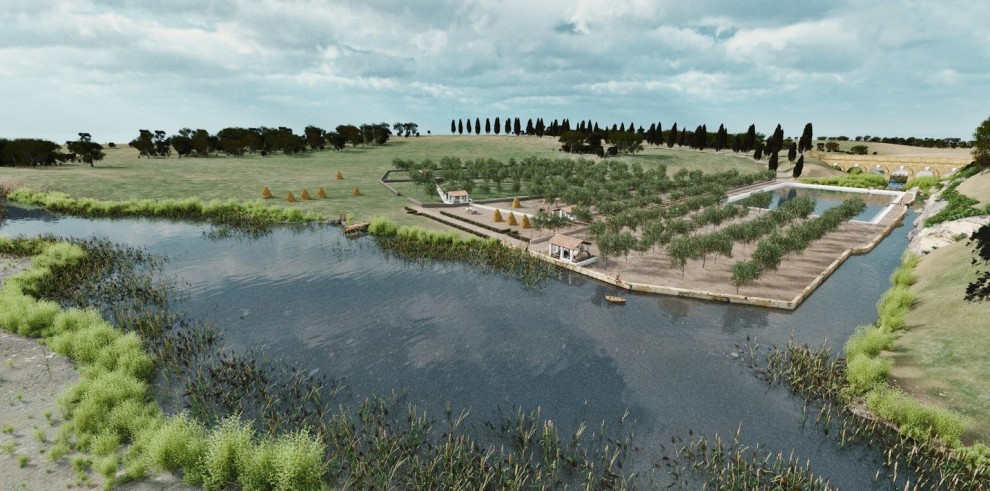
ROME, ITALY—What is being called the largest Roman water basin ever found has been unearthed during the excavation of Rome’s new metro line. “It’s so big that it goes beyond the perimeter of the [metro] work site and it has not been possible to uncover it completely. It was lined with hydraulic plaster and, on the basis the size that had been determined so far, it could hold more than four million liters of water,” archaeologist Rossella Rea told ANSA Italy. The basin was part of a water system that originally belonged to a farm dating to the third century B.C. In the first century A.D., structures were added to the basin that allowed it to distribute water over a greater area. "No other basin from ancient Roman agriculture is of comparable size," said Rea. To read more about Roman engineering, see "Rome's Lost Aqueduct."





